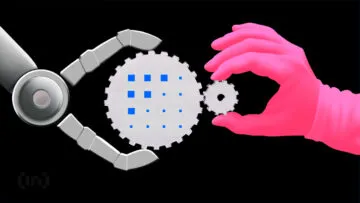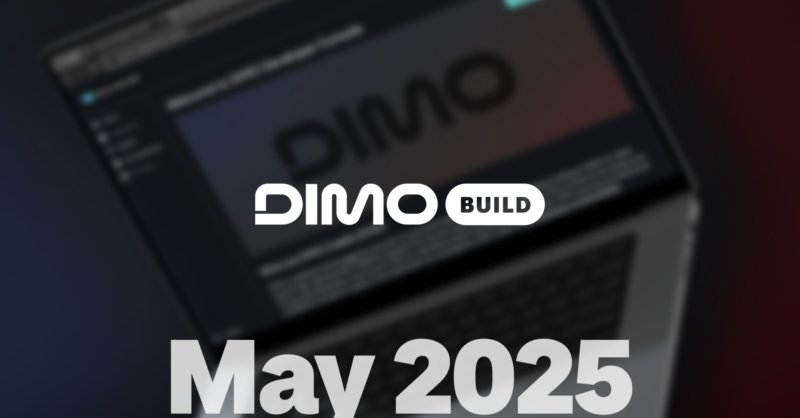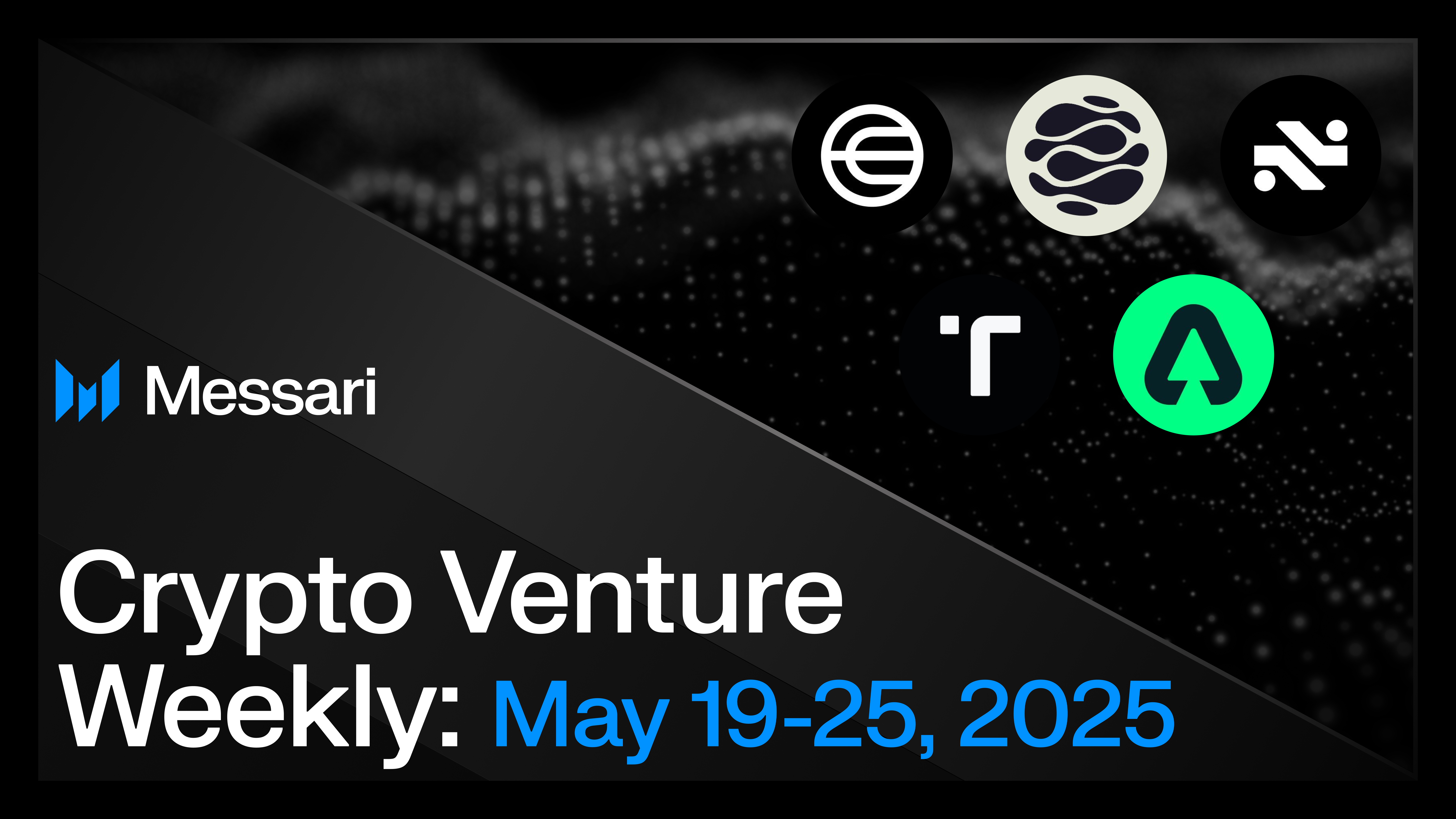Filecoin Advances in AI Integration and DePIN Narrative

Filecoin (FIL) is expanding its reach in the AI space through strategic partnerships, aiming to become a key player in the web3 AI infrastructure. The decentralized data storage network has teamed up with Theoriq to develop smart AI Agents, which will facilitate easier access to data hosted on Filecoin, enhancing autonomy and efficiency. Additionally, a collaboration with Nuklai will establish a decentralized database to support AI and machine learning, with Nuklai utilizing Filecoin’s network for data storage through its Lighthouse service. These integrations are part of Filecoin’s broader DePIN (Decentralized Physical Infrastructure Networks) narrative, which combines blockchain with real-world assets and infrastructure to create a global decentralized storage system, compensating contributors with FIL tokens. Despite these advancements, Filecoin faces challenges such as scalability, governance, and regulatory compliance, which must be addressed for widespread adoption.
Related News





